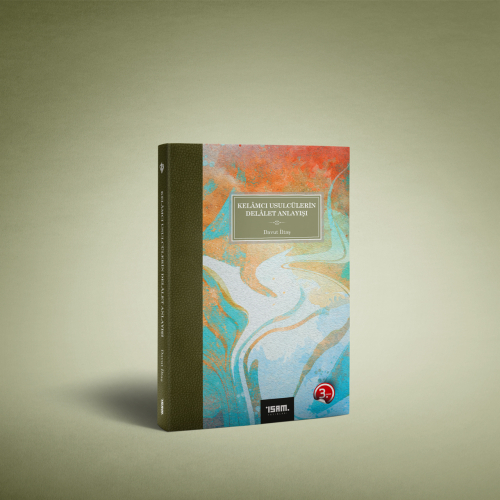Kelâmcı Usulcülerin Delâlet Anlayışı
The methodology of fiqh (Islamic law) is a discipline that has been developed by Muslims within the Islamic tradition in order to understand and interpret the religious texts (the Qur’ân and the Sunnah). Although the methodology of Islamic law does not claim to have formed a general theory of understanding and interpretation, it does offer a rich accumulation of knowledge and a variety of debates concerned with language, understanding and interpretation that are useful for general theory and disciplines such as tafseer, hadith and kalâm. When examined from the perspective of the history of methodology, it is possible to perceive two main approaches in the methodology of Islamic law. The first one has been formed by jurists in an attempt to establish a method that is consistent with the juristic data that has been produced by schools of law, and is known as the “jurists’ method”. The second one has been formed by theologians who do not perceive themselves as being restricted by a school of law, and is referred to as the “theologians’ method”.
In this paper we will attempt to investigate and evaluate certain topics from the perspective of the theologians’ method, while keeping in mind the historical process. The topics that will be examined are the nature of textual implication (dalâlat) in general, as well as the basic elements it contains, the different textual implications of the texts to legal rulings and their value as knowledge.
Click to buy the print version.
Click to buy the e-book version.

